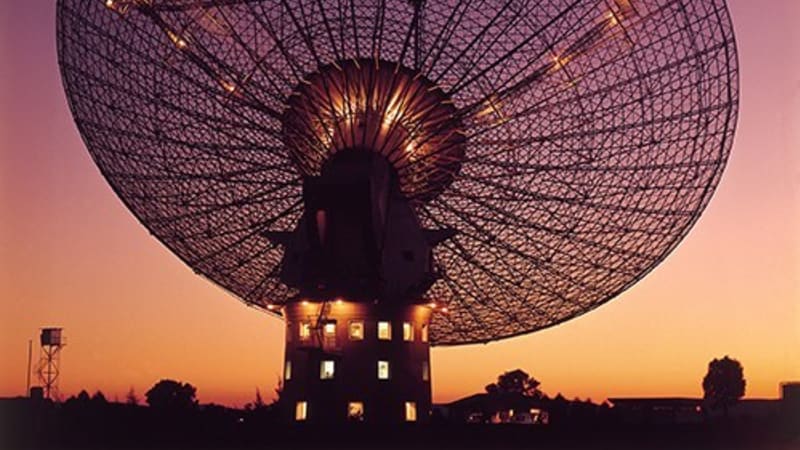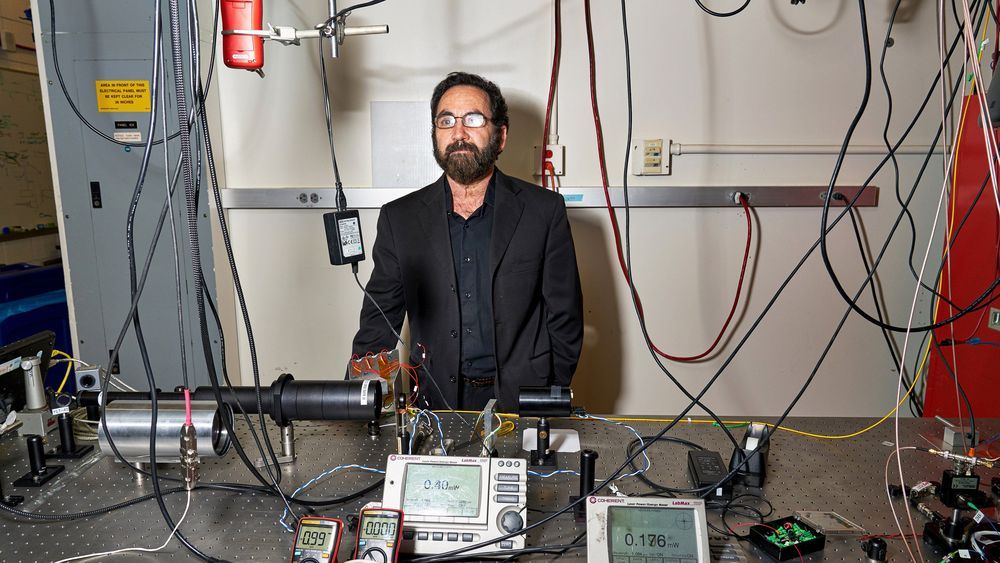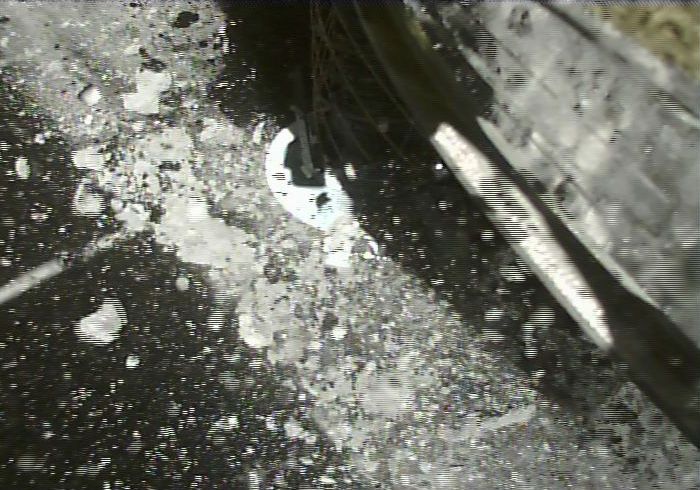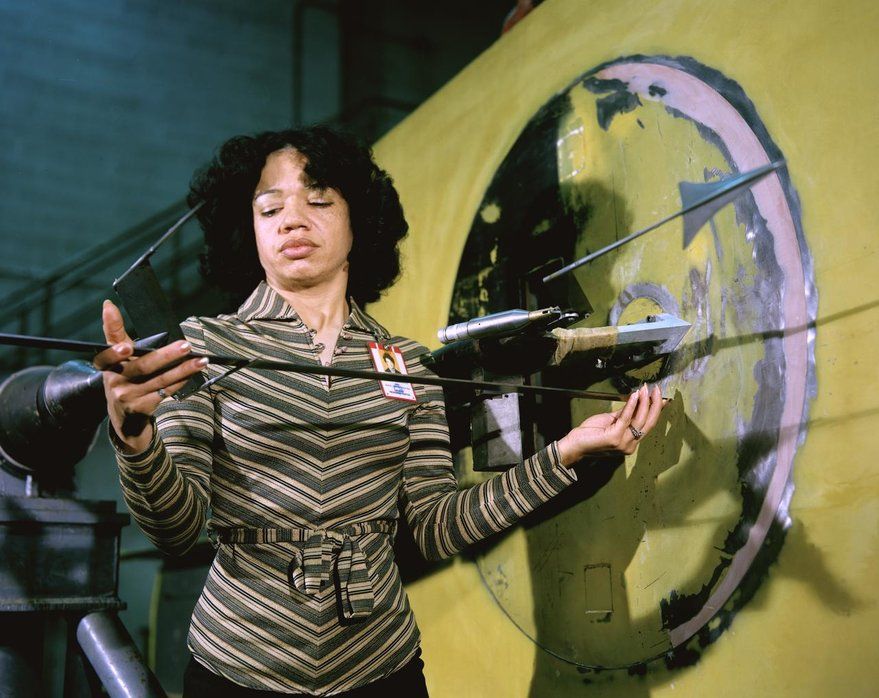This op-ed originally appeared in the June 10, 2019 issue of SpaceNews magazine.
If humanity is to ever settle new planets, we will need radically new technologies; this much is obvious. But we may already have the perfect material to step up and fill the role: graphene. It is easily transported, easily manipulated, and an abundance of carbon in the galaxy could bode well for graphene, which is a carbon-based material. Its strength and versatility could well become a crucial component in colonization. For instance, spacecraft filled with advanced, massive 3D printers could ferry intrepid settlers to new corners of the galaxy, supplying a near-endless supply of material and equipment, perhaps even being used to construct homes that can withstand the conditions of other worlds.
Graphene’s discovery in 2004 sparked the flame of endless possibility within the science and technology communities due to its astounding properties. Only a single atomic layer thick and constructed in a lattice, honeycomb-like formation, graphene is nearly 200 times stronger than steel and better at conducting electricity and heat than any other conductor. It’s flexible, allows 97 percent of white light to pass through it (making it perfect for solar energy), and the list of properties continues.





